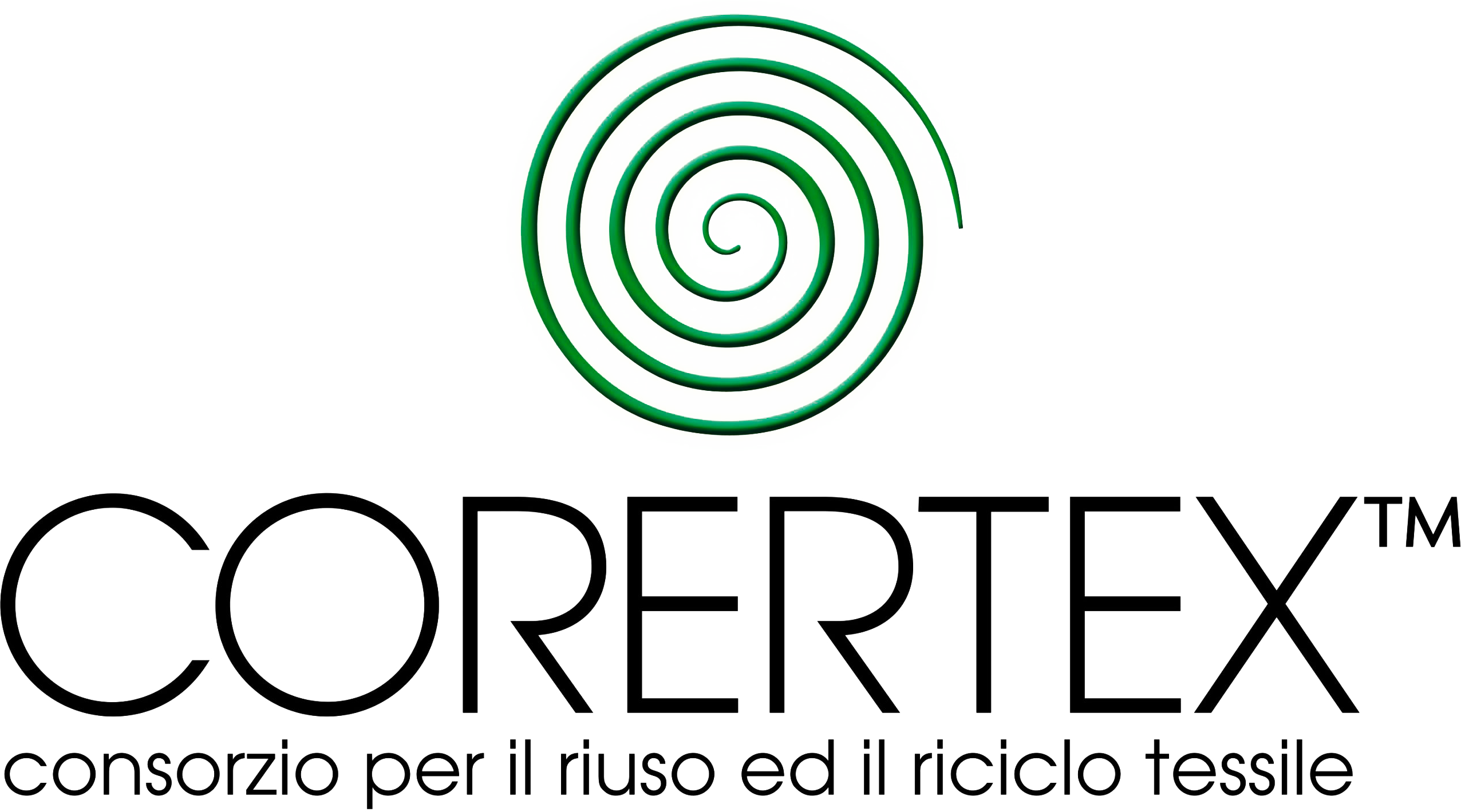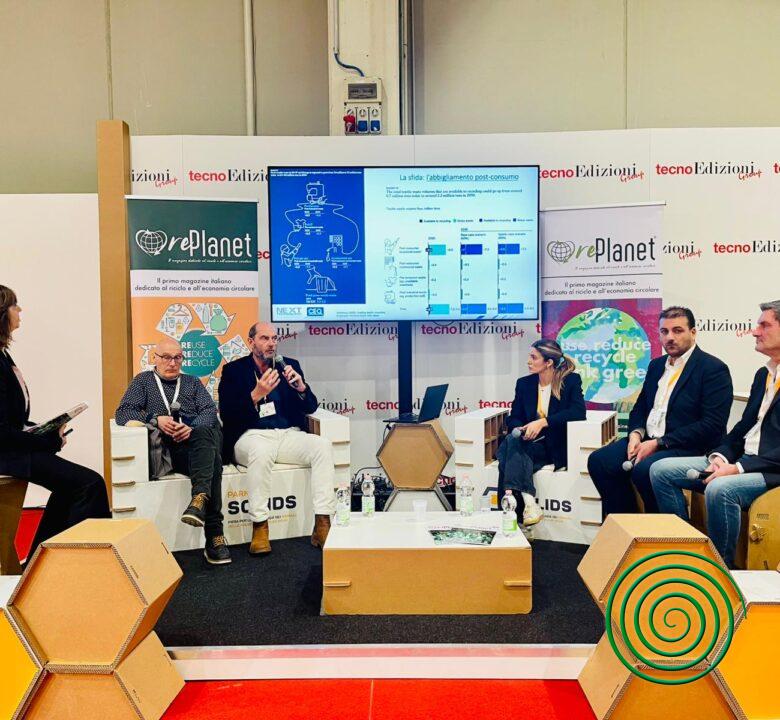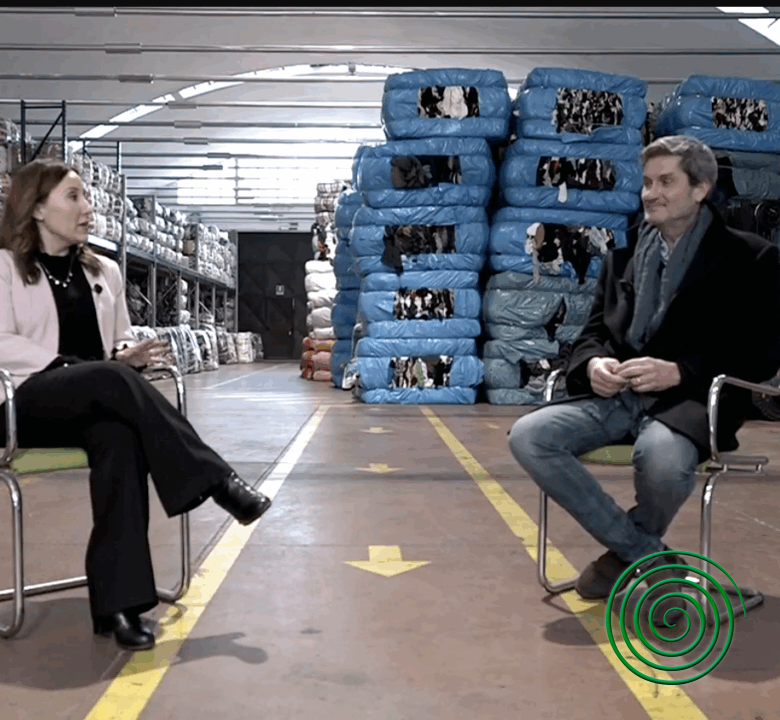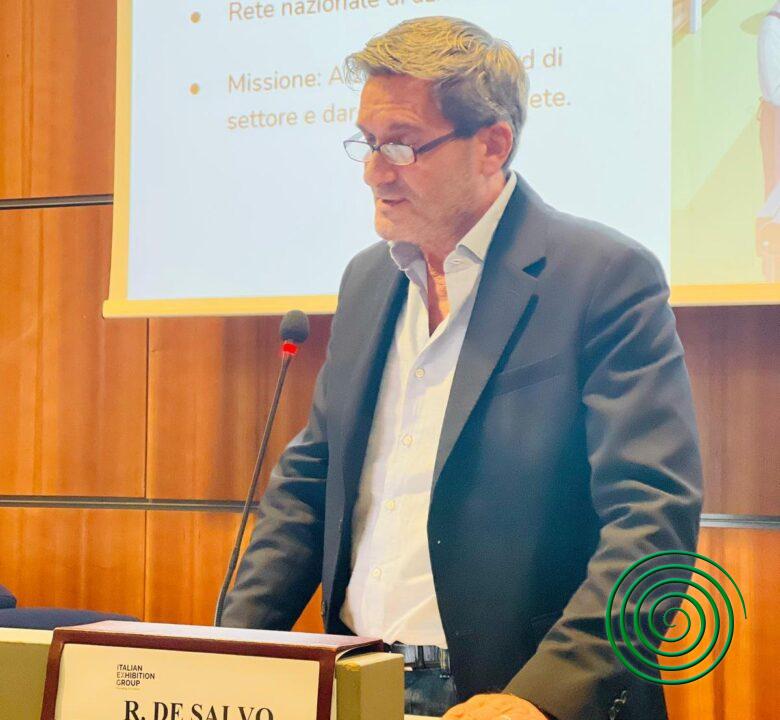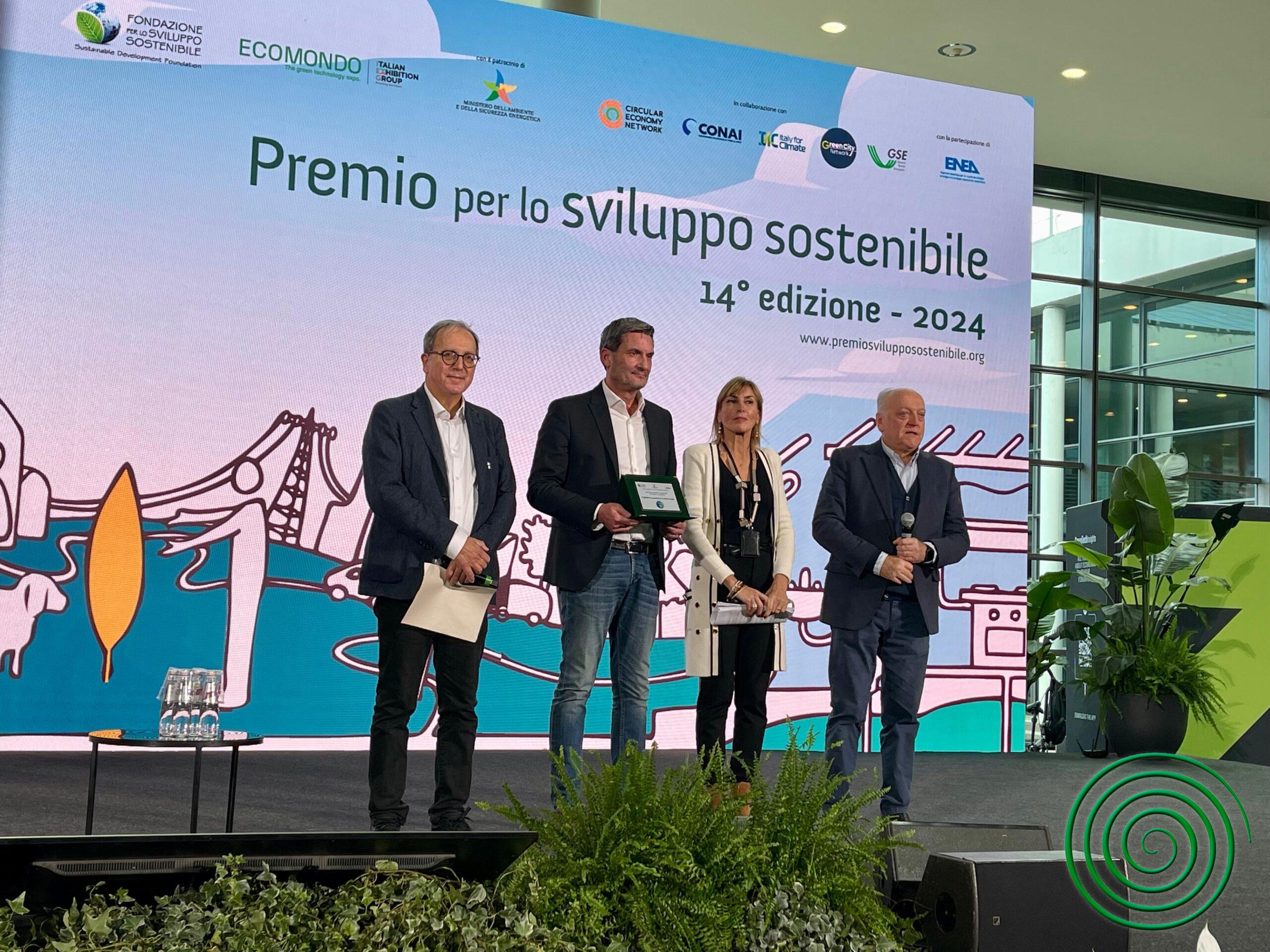
Best Circular Economy Companies Award: Corertex Consortium Honored at Ecomondo
November 8, 2024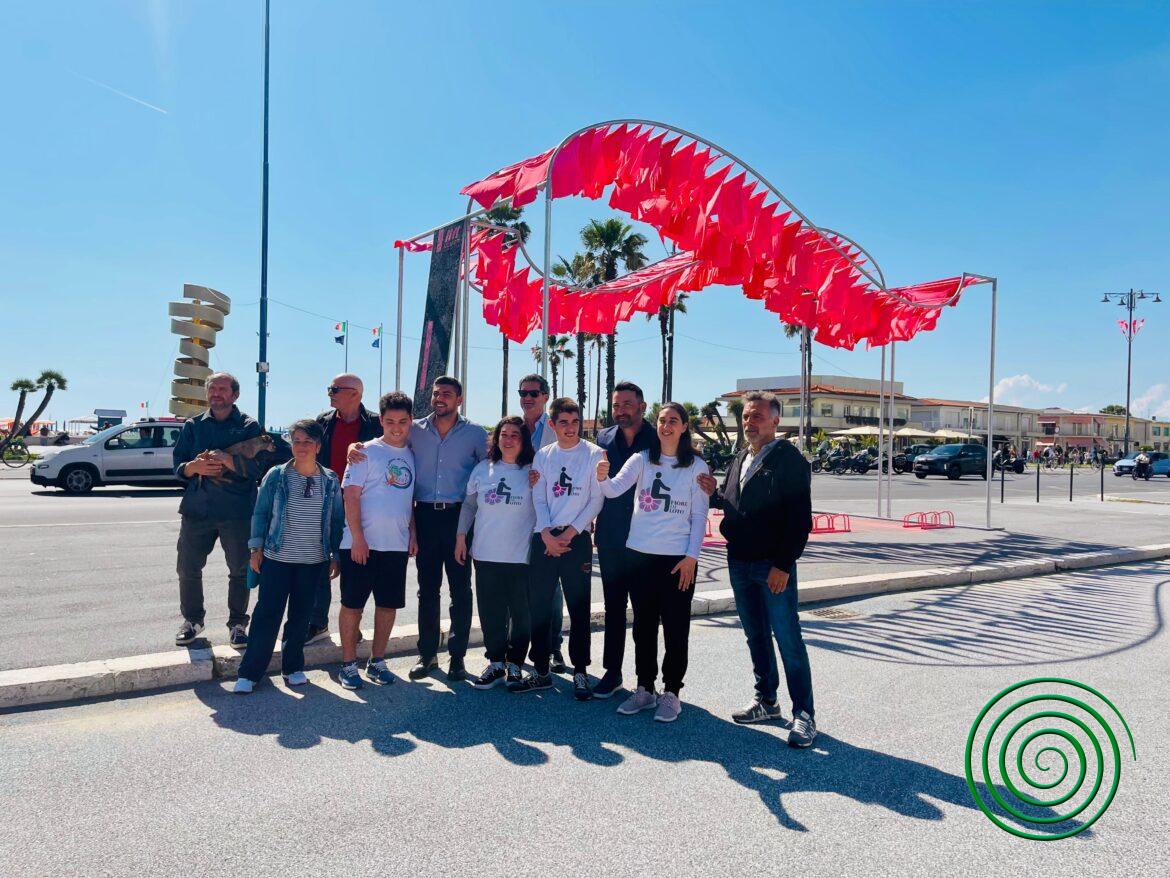
Corertex turns discarded jerseys into art: social installation in Viareggio celebrates the Giro d’Italia
May 13, 2025
Corertex Approves Financial Statement and Raises Alarm on EPR: “Latest Ministerial Draft Jeopardizes Reuse and Recycling”
The Corertex Consortium has approved its annual financial statement, highlighting significant growth with the addition of new member companies and a total turnover exceeding €80 million. However, attention is focused on the latest draft of the ministerial decree concerning Extended Producer Responsibility (EPR) for textile waste, which the Consortium believes could undermine the efficiency and sustainability of the sector.
Consortium Growth and Consolidation
During the shareholders’ meeting, President Raffaello De Salvo emphasized the importance of the Consortium’s expansion, now comprising thirty associated companies across Tuscany, Emilia Romagna, and Northern Italy, employing approximately 320 workers. The inclusion of Dife Spa, a leading environmental services company, has further strengthened the Consortium’s extra-regional vision, consolidating the textile reuse and recycling supply chain.
Concerns Over the EPR Decree Draft
The Consortium expresses concern over the latest draft of the ministerial decree on EPR, deemed worse than previous versions. Specifically, there is apprehension that the new provisions could:
Undermine the existing model: The current system, centered on the “Prato model,” has proven effective in managing textile waste, with an annual processing capacity of approximately 70,000 tons of used clothing. The current draft risks disrupting this virtuous model.
Increase costs for citizens: Reorganizing the supply chain could lead to higher waste taxes (Tari), placing an additional burden on citizens.
Threaten social inclusion: Cooperatives currently managing textile waste collection play a crucial role in including disadvantaged individuals. A reform that overlooks this aspect could have significant social repercussions.
Proposals for an Effective EPR System
Corertex advocates for a more inclusive and sustainable approach, suggesting:
Clear objectives: Precisely define the percentages for reuse, recycling, and recovery of textile waste, avoiding reliance on incineration as the predominant solution.
Participatory governance: Ensure representation of all supply chain actors, from cooperatives to recyclers, within producer consortia and the Textile Recycling Coordination (CORIT).
Fair management of the eco-contribution: Ensure the eco-contribution is equitably distributed throughout the supply chain, supporting collection and sorting activities, and incentivizing the reshoring of currently outsourced processes.
Conclusion
The Corertex Consortium reiterates its willingness to collaborate with institutions to define an EPR system that values existing best practices, promotes social inclusion, and ensures the economic and environmental sustainability of the textile sector.

